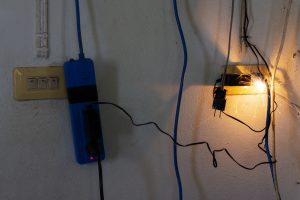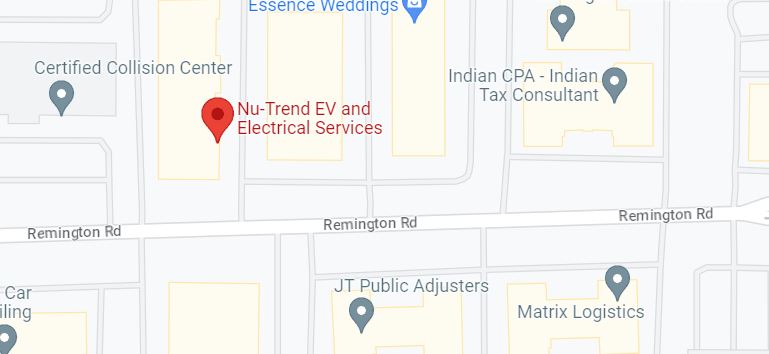Where Do EV Batteries Come From?
Lithium-ion batteries power electric vehicles. The demand for lithium is on the rise as more and more people are choosing to drive EVs. Owners may naturally ask where EV batteries come from, where are the components sourced, and how are they made.
Of the nearly 300 million cars on the road today, slightly less than 10 percent are EVs. In 2022, about 1 million EV sales took place. A year later, the EV market grew to 1.6 percent. The United States is one of the three major global markets for EVs.
The number of EVs is expected to increase in the coming decades. Since EVs are powered by lithium-ion batteries, the demand for this power source will increase in correspondence to the greater number of EV sales. The EV battery supply chain will be affected, if not strained.
What are lithium-ion batteries?
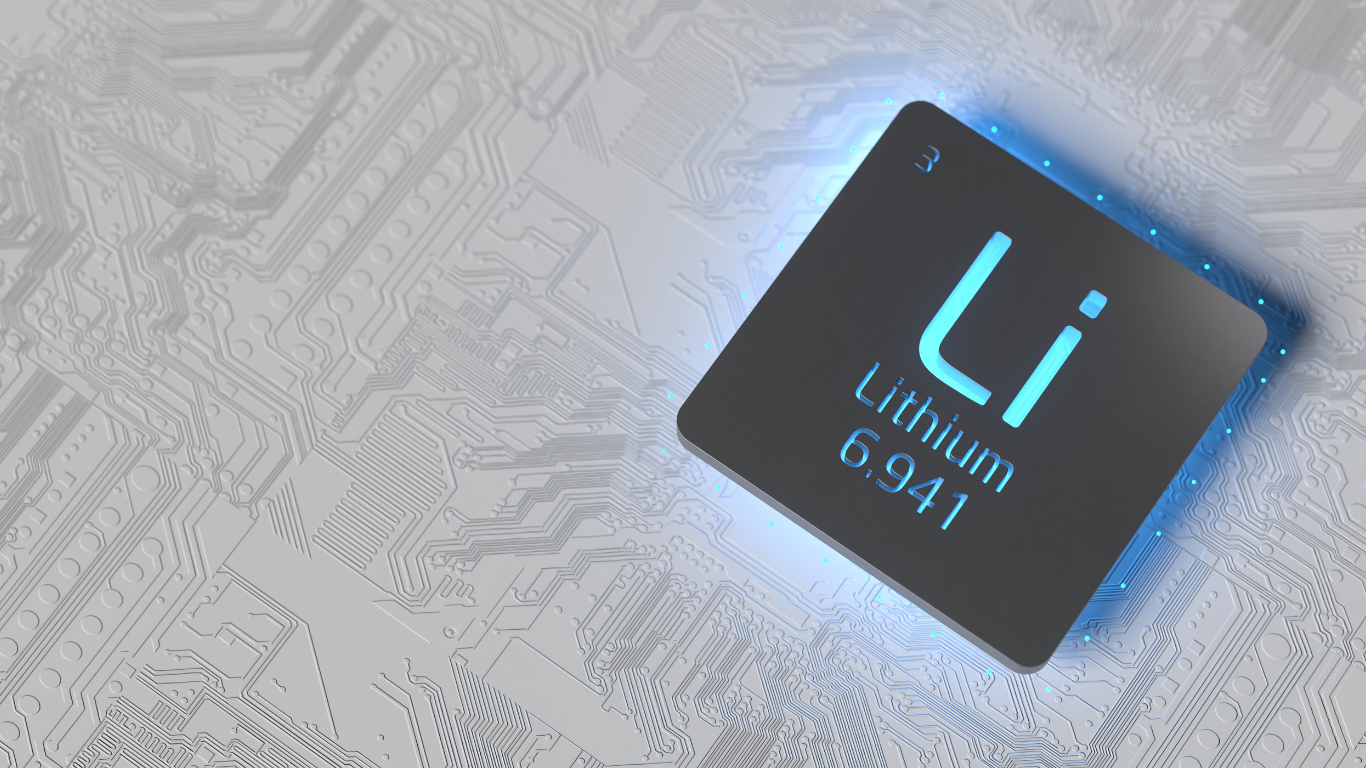
Being high-capacity, lithium-ion batteries are the ideal power source for EVs. Another desirable feature is that these batteries recharge fully without losing significant energy. The multitude of components that make up these rechargeable EV batteries include carbon, metal oxide, and lithium.
A handful of key technical components also go into the manufacturing of lithium-ion batteries. They include the anode, cathode, separator, electrolyte, and lithium ions. The average EV battery contains 17 pounds of lithium carbonate, 77 pounds of nickel, 44 pounds of manganese, and 30 pounds of cobalt.
Where do EV batteries come from?
Countries around the world are scrambling to secure their own supply chains to serve the global EV market. Currently, however, China is the heavy-weight player and dominates the EV battery supply chain. But components of EV batteries are sourced from a wide variety of countries.
The majority of the world’s supply of cobalt originates in the Democratic Republic of Congo. The world’s largest nickel reserves are in Brazil, Indonesia, and Australia. Three-fourths of the world’s lithium supply is found in Bolivia, Chile, and Argentina—South America’s “Lithium Triangle.”
Manufacturers of EV batteries are exploring the rest of the world for new deposits to feed the growing demand for components. Iran, India, Afghanistan, and Mexico appear promising; however, these countries lack the infrastructure needed to mine and process the materials.
In the United States, lithium production is still insufficient to meet the demand. China is on track to control one-third of the world’s lithium by next year. In order to decrease reliance on China, European nations, like France, are invested in developing a complete supply chain from mining to manufacturing.
Diversifying the supply chain is critical, since geopolitical issues have a major impact on trade and economic ties. When a single country dominates the extracting, refining, processing, and assembly of EV battery components, it poses a risk to the stability of the global supply chain.
Lithium batteries have a shelf-life and recycling is a solution to the issue of sourcing lithium. Recycling is a negligible part of the EV battery cycle now. However, the EV market is in its infancy with hopes that recycling materials will be integrated into the manufacturing process.
Recycling EV batteries is a potential solution to the growing demand for EVs. Today, the world has a sufficient supply of the mineral components used to manufacture EV batteries; however, the present dilemma is that operating mines are in short supply.
Further issues involve extracting lithium. Current processes are environmentally damaging. Extracting one ton of lithium requires nearly 500,000 gallons of water. Other problems include the location of mines being in high-risk or conflict-ridden areas. Mining is adversely impacted by outdated laws.
Efforts are underway to reduce the EV battery cost, weight, and charging speed. Automakers are transitioning to solid-state batteries to combat the economic and environmental problems associated with mining and producing lithium-ion batteries. Solid-state batteries rely on ceramic materials to transfer electrical currents.
Solid-state batteries are more environmentally friendly, reducing their carbon footprint by 40 percent. On a single charge, these EV batteries provide an impressive driving range of 500 miles. Certain EV makes, such as Ford and BMW, are currently testing these batteries for use in 2025 vehicles.
How are EV batteries charged?
A lot goes into manufacturing EV batteries. It’s recommended that EV owners take steps to prolong the life of their battery via proper maintenance, like reducing unnecessary wear and tear. EV batteries degrade gradually but they are likely to outlast the lifespan of the EV itself.
Charge the EV battery once it drops to 30 percent instead of 0 percent. Also aim to charge the EV battery to 80 percent rather than 100 percent, which helps to maintain the battery’s maximum capacity; the battery has optimal space for the energy produced by the vehicle’s regenerative braking.
While EV ownership is on the rise, some drivers shy away from EVs due to the hassle of finding a charging station to charge the battery. Enhance your experience of driving and charging a sleek EV by having Nu-Trend install a Level 2 charging station in your residential garage.
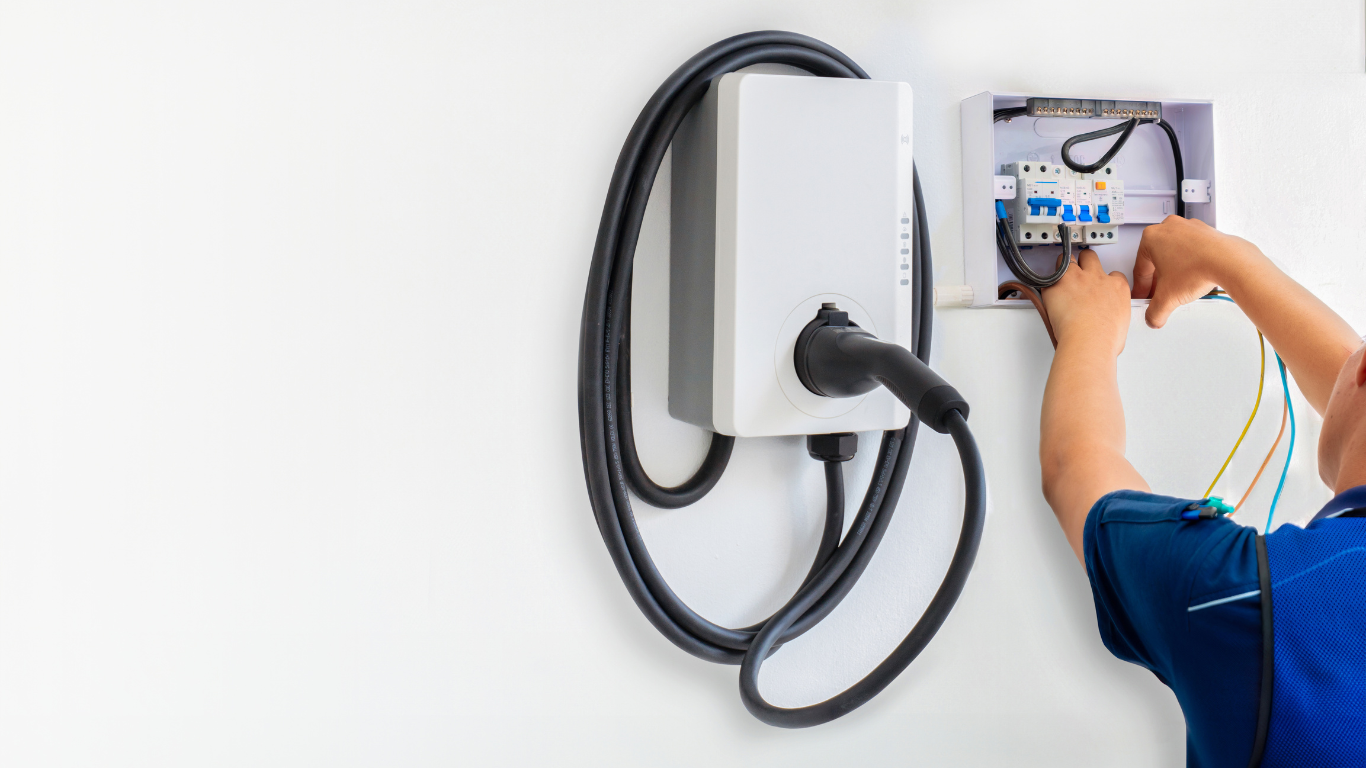
We meet with you to discuss the EV home charger options available. Homeowners opt for a Level 2 charger while commercial businesses serve their customers with a Level 3 charger. Our highly skilled electricians are experienced in installing both types of EV chargers at your home or business.
Our electricians first inspect your electrical system to ensure it can accommodate the voltage required to support the new charging station. Adjustments are made to the wiring, if necessary. We also obtain the permits needed to proceed with the installation.
Once the charging station is installed and the work undergoes a final inspection for quality, you will enjoy the convenience of at-home charging. Nu-Trend is also available to provide maintenance services and repairs so that your new charging station serves you over the long term.
EV drivers in Schaumburg, Illinois, and the surrounding suburbs, turn to Nu-Trend for our exceptional workmanship and respect for your property. We prioritize customer service and deliver the best installation experience possible. Call our office today for top-notch EV charger installation.
Related Posts:
What Our Cients Say
Vil Varadhan
Nu-Trend did a professional installation job for my EV Charger at home. The technician was thorough and put safety first. Although, it was not cheap – The quality of work gives a peace of mind. They took care of City permit etc.
![]()
Kevin Gallagher
Updated panel from 100 to 200 A and installed EV charger. Team was very professional. Shane was responsive and ushered through the permit. Dave and Jr did a clean install and were respectful in my home. Would consider them for future electrical work.
Martin Gardner
We had Nu-Trend add an EV charging port to our garage which was organized via Qmert, who contracted Nu-Trend to do the installation. I first met Dave, who came out to inspect the job site and put together a quotation; he is an excellent, Knowledgeable, and professional electrician. Shane at Nu-Trend took care of all the paperwork which includes a work permit from the local council and inspection after installation. Dave and a co-worker who was also excellent came to the house and did the installation in about half a day, the quality of the workmanship was impeccable. The work passed Inspection with flying colors.
Electrify Your Journey
Nu-Trend EV offers FREE consultation!
Rewiring Chicago!
Our service doesn’t stop at installing the EV charging station; we also specialize in electrical wiring. If your electrical system needs an upgrade to accommodate the increased power demand of an EV charger, we have the expertise to handle the job efficiently and safely.


